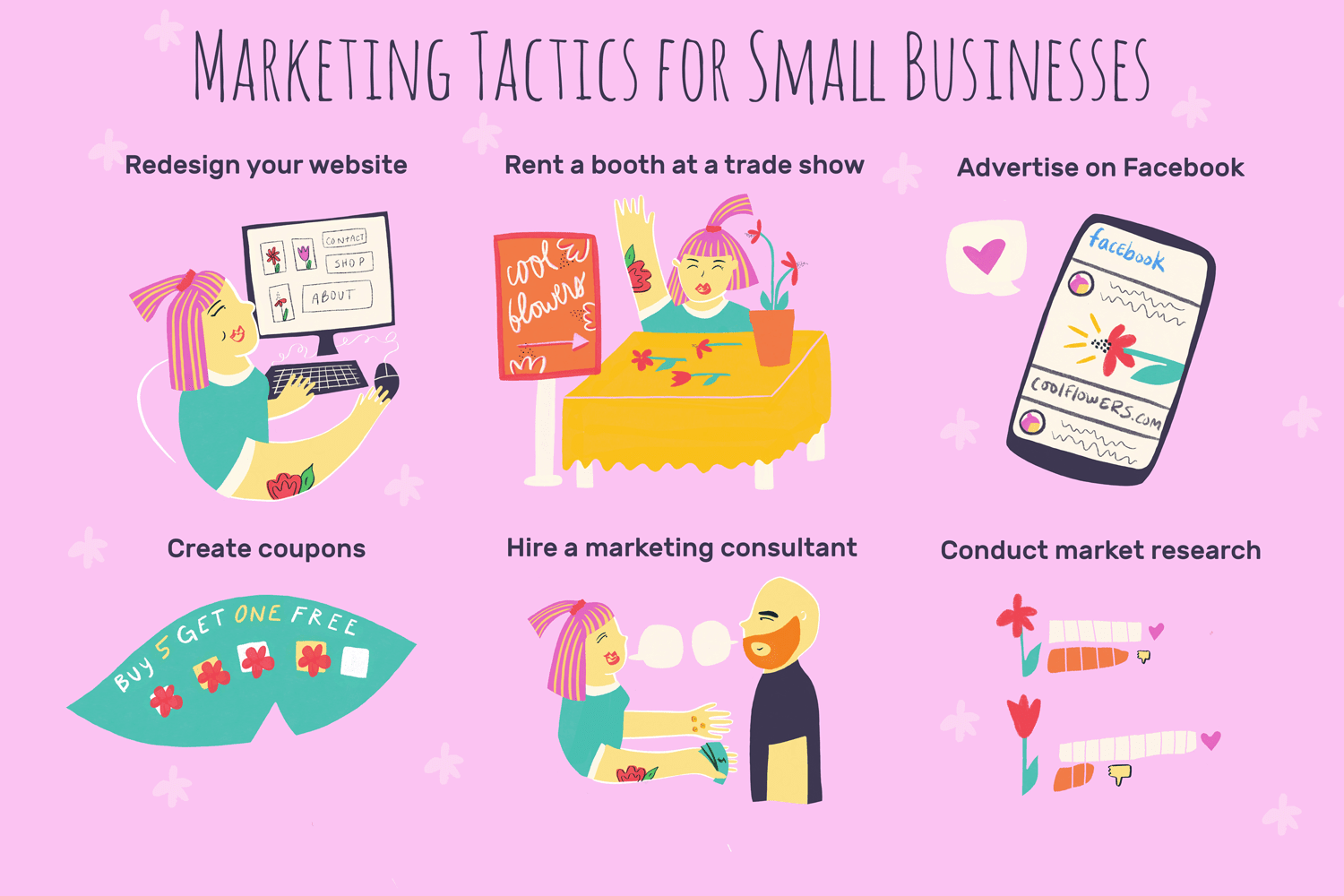
1. Leverage Social Media for Increased Brand Awareness
Social media marketing is one of the most cost-effective ways for small businesses to promote their products and services. Platforms like Facebook, Instagram, LinkedIn, and TikTok provide direct access to a massive audience, allowing you to engage with potential customers.
- Post Consistently: Share regular updates, promotions, and behind-the-scenes content to keep your followers engaged.
- Use Hashtags: Research relevant hashtags to increase discoverability and reach a broader audience.
- Collaborate with Influencers: Partner with micro-influencers to extend your reach and gain credibility.
2. Create Engaging Content with Blogging
Blogging is an excellent way to boost SEO (search engine optimization) and position your business as an authority in your industry. Regular blog posts can drive organic traffic to your website and engage your target audience.
- Provide Value: Write blog posts that answer common customer questions, solve problems, or offer industry insights.
- Include Calls to Action (CTAs): Encourage readers to take action by including links to product pages or services.
- Optimize for SEO: Use relevant keywords and meta descriptions to ensure your blog ranks on search engines.
3. Utilize Email Marketing Campaigns
Email marketing is one of the most effective small business marketing strategies because it offers direct communication with customers. Build an email list and send regular newsletters with updates, promotions, and valuable content.
- Personalize Your Emails: Use your customers’ names and segment your list for more targeted campaigns.
- Include Exclusive Offers: Provide discounts or offers that are only available to email subscribers.
- Track Performance: Monitor open rates, click rates, and conversions to refine your email strategy.
4. Run Local Ads to Target Nearby Customers
Local advertising is a powerful tool for small businesses looking to attract nearby customers. Whether through Google Ads or Facebook Ads, targeting local audiences ensures that your marketing efforts are focused on people who are most likely to purchase from your business.
- Use Geotargeting: Set up ads to target people within a specific radius of your location.
- Promote Local Events: Advertise local events or special promotions to increase foot traffic to your store.
- Highlight Local Partnerships: Partner with other local businesses and promote cross-promotions.
5. Offer Discounts and Promotions
Offering discounts or limited-time promotions is a great way to attract new customers and encourage repeat business. Everyone loves a deal, so using promotions strategically can increase both sales and brand loyalty.
- Flash Sales: Create urgency with limited-time offers and flash sales that encourage immediate action.
- Loyalty Programs: Reward repeat customers with discounts, points, or exclusive offers.
- Referral Discounts: Encourage current customers to refer friends or family by offering a discount for each successful referral.
6. Optimize Your Website for Conversions
A well-designed website that is easy to navigate is key to converting visitors into paying customers. Small business owners should focus on website optimization to enhance the user experience and increase sales.
- Clear Call-to-Actions (CTAs): Make it easy for visitors to take action, whether it's purchasing a product, signing up for an email list, or scheduling a consultation.
- Fast Load Speed: Slow websites drive visitors away. Ensure your website loads quickly across all devices.
- Mobile Optimization: Ensure your site is mobile-friendly since a large number of customers shop via smartphones.
7. Get Involved in Local Community Events
Community engagement builds strong relationships with your local customers and establishes brand trust. By participating in local events, sponsoring charity drives, or hosting workshops, you can increase your business visibility and show your support for the community.
- Host Workshops: Teach a skill related to your business to draw in potential customers.
- Sponsor Events: Become a sponsor for local events to gain exposure.
- Participate in Trade Shows: Attend industry trade shows to network and showcase your products.
8. Partner with Other Small Businesses
Cross-promotion is a powerful and affordable marketing strategy for small businesses. By partnering with complementary businesses, you can introduce your brand to a new audience and share marketing costs.
- Joint Promotions: Offer bundled discounts with a local partner business.
- Co-host Events: Organize an event together to increase reach and share expenses.
- Collaborative Content: Write blog posts or create videos that highlight both businesses.
9. Encourage Customer Reviews and Testimonials
Customer reviews and testimonials can significantly impact your small business’s reputation. Encourage happy customers to leave feedback on platforms like Google, Yelp, or your website.
- Follow Up: Send a follow-up email or message after a purchase, asking customers for their feedback.
- Offer Incentives: Provide small incentives like discounts on future purchases for leaving a review.
- Share Reviews: Showcase positive customer reviews on your website and social media profiles to build trust with potential customers.
10. Implement a Loyalty Program
A loyalty program is a great way to retain customers and turn them into repeat buyers. By offering rewards for purchases, referrals, or social media engagement, you can encourage customers to keep coming back.
- Offer Points: Customers earn points for each purchase, which can be redeemed for discounts or free products.
- Tiered Rewards: Create levels within the program to offer better rewards for higher levels of spending.
- Exclusive Access: Give loyal customers early access to sales, new products, or events.
Comparison Chart
| Marketing Strategy | Cost | Effectiveness | Best For |
|---|---|---|---|
| Social Media Marketing | Low | High | Brand awareness, engagement |
| Blogging | Low | Medium | SEO, thought leadership |
| Email Marketing | Low | High | Customer retention, promotions |
| Local Ads | Medium | Medium to High | Local businesses, targeting nearby customers |
| Discounts and Promotions | Low to Medium | High | Customer acquisition, sales |
| Website Optimization | Medium to High | High | Conversions, user experience |
| Community Engagement | Low to Medium | Medium | Local visibility, trust-building |
| Cross-Promotion with Small Businesses | Low | Medium to High | Expanding reach, shared costs |
| Customer Reviews and Testimonials | Low | High | Reputation management, trust |
| Loyalty Programs | Medium | Medium to High | Customer retention, repeat sales |
Conclusion
Implementing small business marketing ideas is essential for growth and sustainability. Whether you're just starting or looking to revamp your strategy, these 10 marketing strategies can help you boost visibility, engage with your target audience, and increase sales. From leveraging social media to creating a customer loyalty program, these ideas can work together to create a well-rounded marketing plan that will make your small business thrive in 2025.
Make sure to regularly evaluate your marketing efforts to see which strategies are working best for you and adjust accordingly!



